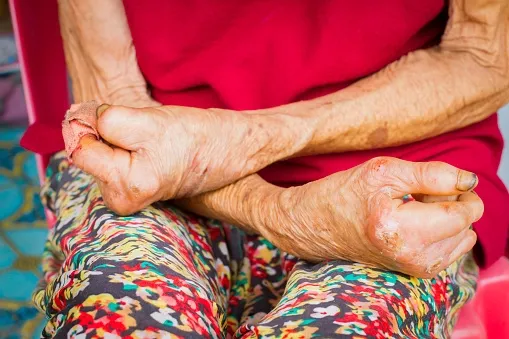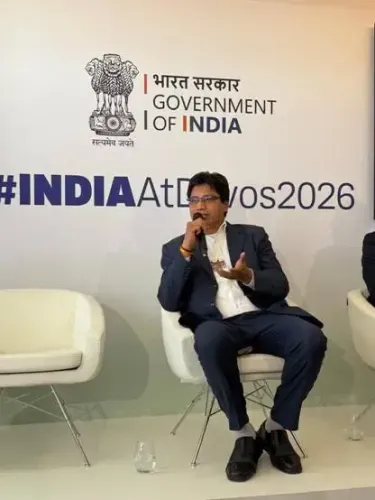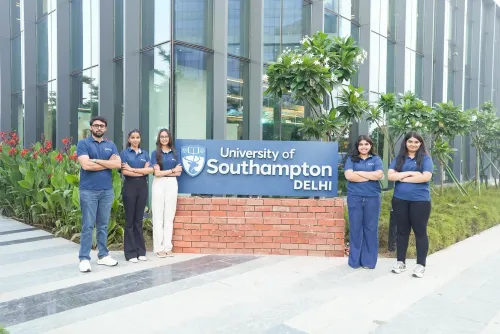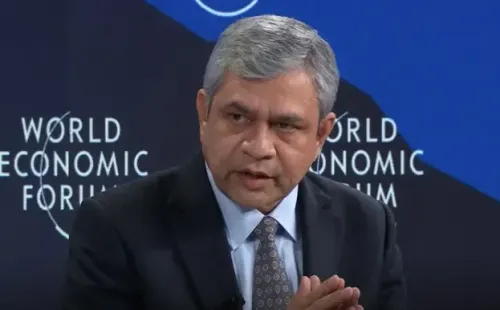India Represents 53% of Global Leprosy Cases, Experts Call for Legal Reforms

Synopsis
Key Takeaways
- India has 53% of global leprosy cases.
- Community-based rehabilitation is essential.
- Stigma and discrimination must be addressed.
- Legal reforms are necessary for early detection.
- Leprosy can be easily treated if detected early.
New Delhi, Jan 27 (NationPress) India represents 53 percent of the world's leprosy cases, as highlighted by experts who are advocating for legal reforms to assist those impacted by the disease.
Leprosy, also known as Hansen’s disease, is an infectious condition caused by mycobacterium leprae, leading to severe, disfiguring skin sores and nerve damage in various parts of the body.
“India accounts for 53 percent of the global leprosy cases. It is crucial to develop community-based rehabilitation programs to eliminate discrimination and support those affected,” stated Dr. S. Sivasubramaniam, Senior Scientist, at a gathering in the national capital.
While leprosy is not highly contagious, it can spread through repeated exposure to droplets from the nose and mouth of an untreated individual. Nonetheless, due to a lack of awareness, there is considerable stigma associated with the disease, as experts emphasize the need to dispel myths and promote the inclusion of affected individuals into society.
“The untouchability associated with leprosy is even more severe than caste-based discrimination, as even family members often distance themselves from those affected,” remarked Rajesh Aggarwal, Secretary of the Department of Empowerment of Persons with Disabilities (DEPwD) and Chief Commissioner for Persons with Disabilities (CCPD).
“We must implement legal reforms and maintain vigilance to ensure early detection of cases,” he added, highlighting the importance of rehabilitation efforts post-treatment.
The experts stressed the urgent need for joint initiatives to combat the stigma and discrimination linked to leprosy.
“Currently, there are 750 leprosy colonies in India that remain marginalized from mainstream society,” stated S. Govindaraj, Commissioner of CCPD.
“Among the more than 700 districts in India, 125 districts still report a notable number of leprosy cases. These districts span across 14 states, with Chhattisgarh having the highest number at 24 districts,” Dr. Shivkumar, a leprosy expert, added.
The World Health Organization (WHO) reports that India aims to achieve zero indigenous cases by 2030. However, the government is targeting a Leprosy Mukt Bharat by 2027, which is three years ahead of the Sustainable Development Goals (SDG).
The experts emphasized that ignorance remains the greatest challenge in the fight against leprosy. It is one of the most easily treatable diseases if detected early, and it is not associated with any deformity or disability.










